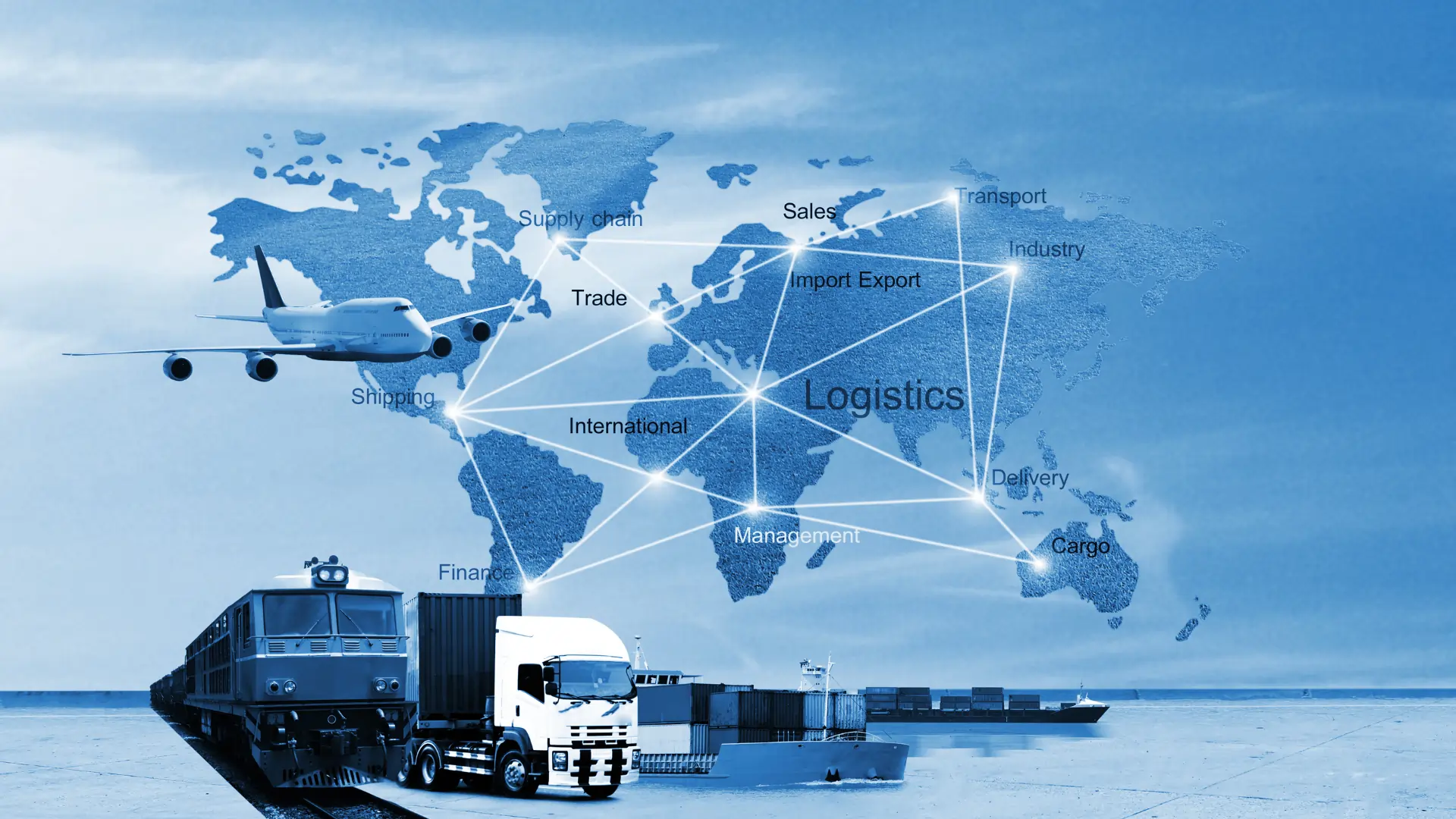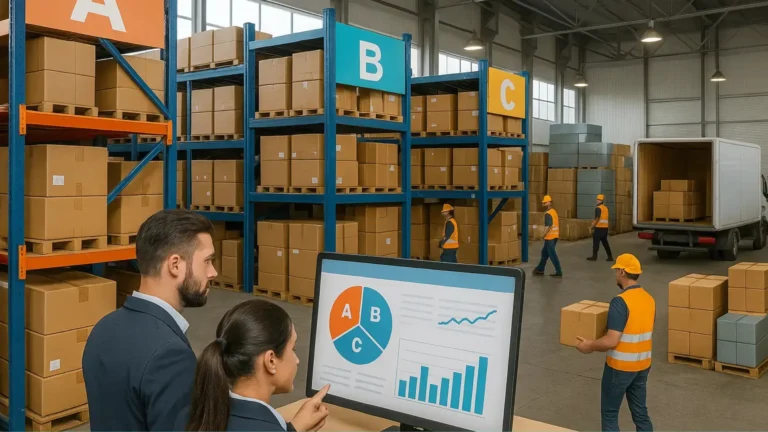
The Role of Blockchain in Supply Chain Transparency
In today’s interconnected world, consumers are demanding greater transparency into the origins and journeys of the products they purchase. From ethical sourcing to food safety, the ability to trace a product’s lifecycle is becoming paramount. This is where blockchain technology steps in, offering a revolutionary approach to enhancing supply chain transparency.
What is Blockchain and Why is it Relevant?
At its core, blockchain is a distributed, immutable ledger that records transactions across a network of computers. This decentralized nature ensures that no single entity controls the data, making it highly secure and resistant to tampering. In the context of supply chains, blockchain creates a verifiable and transparent record of every step a product takes, from raw material to final delivery.
Enhancing Transparency and Traceability
One of the most significant benefits of blockchain is its ability to provide end-to-end traceability. By recording every transaction on the blockchain, businesses can create a complete and auditable history of a product’s journey. This allows:
- Verification of Origin: Consumers can verify the authenticity and origin of products, ensuring they are ethically sourced and meet quality standards.
- Tracking Product Movement: Businesses can track the movement of goods in real-time, identifying bottlenecks and potential delays.
- Improved Product Recall Management: If a product recall is necessary, blockchain can quickly identify affected batches and trace them back to their source.
- Reduced Counterfeiting: The immutable nature of blockchain makes it difficult to counterfeit products, protecting both consumers and businesses.
Ensuring Ethical Sourcing and Sustainability
Blockchain plays a crucial role in promoting ethical sourcing and sustainability. By providing transparency into the supply chain, it allows businesses to:
- Verify Fair Labor Practices: Consumers can ensure that products are manufactured under fair labor conditions.
- Track Sustainable Practices: Businesses can demonstrate their commitment to sustainability by providing verifiable evidence of eco-friendly practices.
- Combat Illegal Logging and Fishing: Blockchain can track the origin of raw materials, preventing illegal logging and fishing activities.
- Reduce Food Waste: By providing real-time data on product freshness and expiration dates, blockchain can help reduce food waste.
Building Trust and Accountability
In an era of increasing consumer skepticism, building trust is essential. Blockchain fosters trust by providing a secure and transparent platform for data sharing. This leads to:
- Increased Consumer Confidence: Consumers are more likely to trust products with verifiable supply chain information.
- Improved Supplier Relationships: Blockchain facilitates better communication and collaboration between businesses and their suppliers.
- Enhanced Regulatory Compliance: Blockchain can help businesses comply with regulations related to product traceability and safety.
- Reduced Disputes: The immutable nature of blockchain reduces the likelihood of disputes related to product ownership and authenticity.
Challenges and Considerations
While blockchain offers significant benefits, there are challenges to consider:
- Scalability: Handling large volumes of data and transactions can be a challenge for some blockchain platforms.
- Interoperability: Integrating blockchain with existing supply chain systems can be complex.
- Data Privacy: Ensuring the privacy of sensitive data is crucial.
- Cost of Implementation: Implementing blockchain can be expensive.
Conclusion
Blockchain technology has the potential to revolutionize supply chain transparency, fostering trust, accountability, and sustainability. By providing a secure and immutable platform for data sharing, it empowers businesses to build more ethical and efficient supply chains. As the technology continues to mature and become more accessible, its role in supply chain management will only continue to grow.





2 thoughts on “The Role of Blockchain in Supply Chain Transparency”